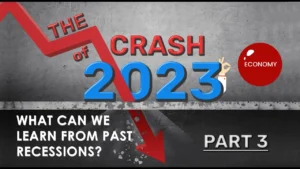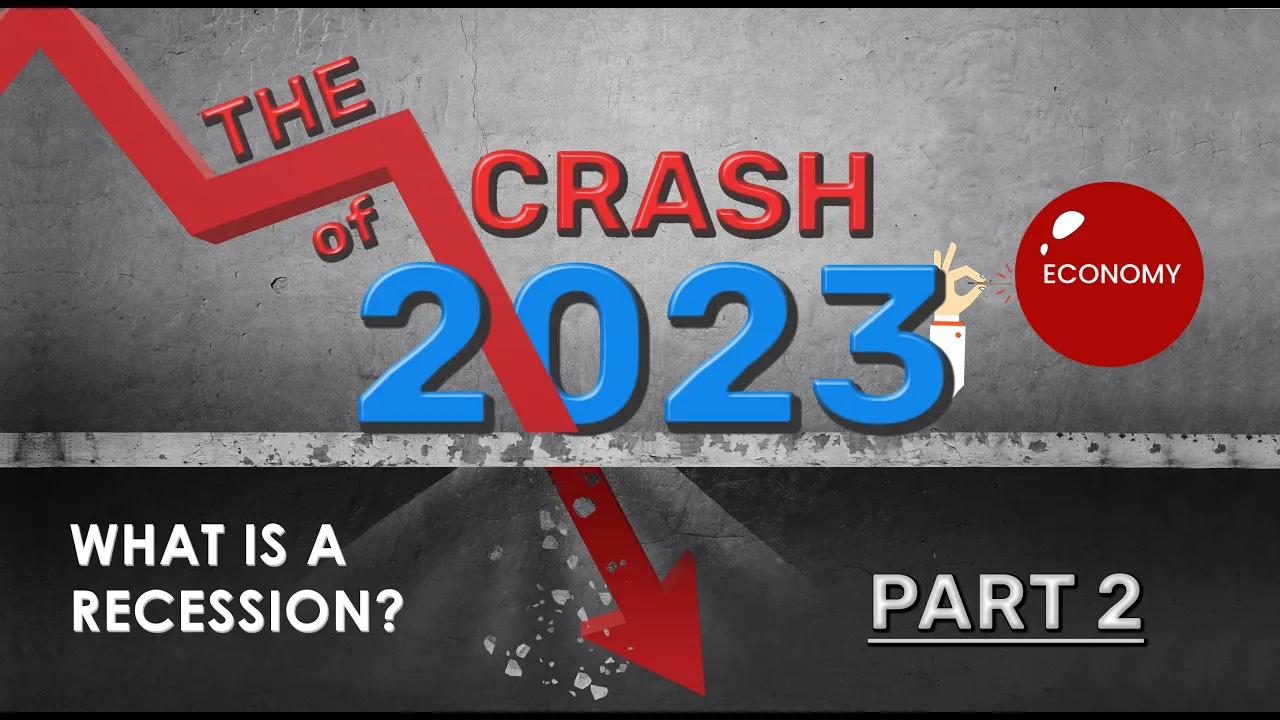So – are we heading into a recession -or- Better yet, are we in one? To answer that question, we need to understand the definition of a recession. Ok so let’s just look at the dictionary definition of a recession. It’s a period of temporary of economic decline in which trade and industrial activity are reduced. And it’s generally identified as a fall in GDP in two successive quarters GDP or Gross Domestic Product is the measure of the size and health of a country’s economy over a period of time. And one-way Gross Domestic Product is calculated is known as the expenditure approach. Put simply, if GDP falls two quarters in a row we are in a recession and during the first quarter of 2022 the GDP was down -1.6% and in the second quarter of 2022 the GDP was down -0.9% by that definition alone, technically we were in a recession at the beginning of 2022 But many economists claim the dictionary definition isn’t accurate, with the white house writing: Though people often cite two consecutive quarters of GPD decline as the definition of a recession, it is not an official designation in the U.S. So who decides when we are in a recession? The Business Cycle Dating Committee of the National Bureau of Economic Research -or-“N-B-E-R”- a nonprofit research organization, determines when the U.S. economy has entered into a recession and can take up to 21 months after a recession has taken effect. Historically consensus on whether the country was in a recession or not hard to come by, but that’s because there wasn’t previously such a misalignment on key economic indicators like unemployment and consumer spending. The economy added more than half a million jobs in July 2022 alone. The unemployment rate dropped to 3.5%, tied for the lowest level since 1969. We’ve never seen two consecutive quarters of falling GDP coupled with record low unemployment and strong consumer confidence. but it’s not that simple and it’s why the conversation about whether we are in a recession has become so confusing. The definition of a recession can change depending on your source – and typically recessions aren’t declared until well after they’ve already begun. So instead of looking at the definition, what should do is take a look at the history of recessions in the U.S. to help us understand where we’ve been – and possibly what lies ahead
Watch Next


